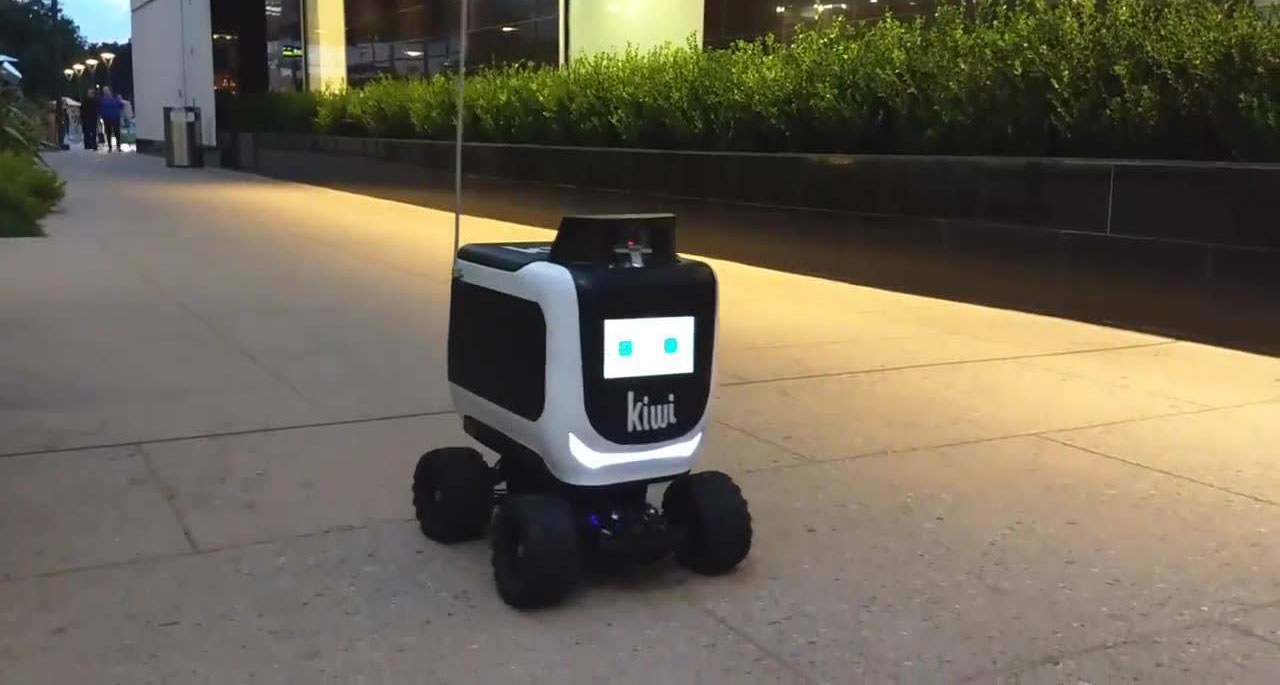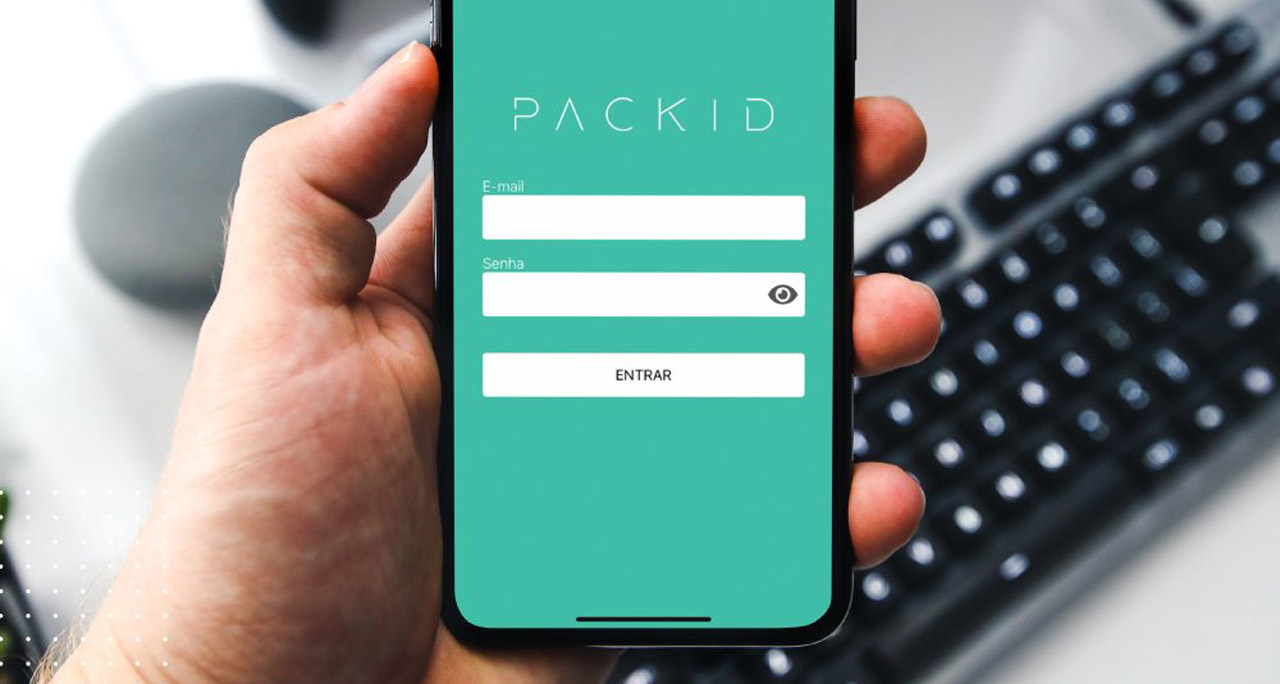Contxto – Colombian Kiwibot’s delivery vehicles can now be found cruising up and down parts of San José, California. Through its recent alliances with e-commerce platform Shopify and Ordermark—an LA-based logistics startup—Kiwibot will be helping businesses complete deliveries.
Correspondingly, these companies are connected via an API to Kiwibot’s fleet of semi-autonomous robots. These partnerships are part of the startup’s shift towards the B2B services.
[wd_hustle id=”InArticleOptin” type=”embedded”/]
Kiwibot’s shift
Felipe Chávez, Jason Oviedo, and Sergio Pachón founded Kiwibot in 2017. Throughout that time, it states to have made over 100,000 deliveries and built more than 200 robots. Although initially, it had a B2C approach and often made headlines for its food deliveries across Berkeley campus.
However, in late 2019, it began taking a B2B approach.
“We started thinking instead of building the robot infrastructure and the marketplace, let’s focus on just building the robot infrastructure and partner with companies that already have that in mind,” said Felipe Chávez, co-Founder and CEO at Kiwibot.
- Related article: Rappi launches delivery robots
Ergo, its partnership with Shopify and Ordermark.
It also plans to build more bots and reportedly 500 are currently in production to join its fleet.
Bots still need humans
Pioneering in deliveries with these types of vehicles comes with a unique set of challenges. As result, the human component cannot be subtracted from the equation just yet.
In Kiwibot’s case, its current model, “Kiwibot 3.3” is considered semi-autonomous by the startup because while it does automatically detect obstacles and make its way about. Nonetheless, they still require supervision and remote control from a team located in Colombia
Moreover, on Berkeley campus, Kiwibot also had its share of pranksters who found it funny to place these bots in unusual places or interrupt deliveries. In those instances, human intervention to “rescue” the vehicles was inevitable. Assistance is also needed for managing unforeseen events take place or when crossing the street.
These obstacles are bigger in countries with deficient infrastructure.
For example, in many cities in Latin America pavements can be very uneven. Consequently, that can lead to making the navigation process more complex.
Why it’s a big deal: The coronavirus pandemic has spurred e-commerce shopping across the planet.
But considering the logistics challenges that entail, startups like Kiwibot that work with unmanned vehicles will steadily become less of an oddity and a more natural part of our urban landscape.
Related articles: Tech and startups from Colombia!
-ML







